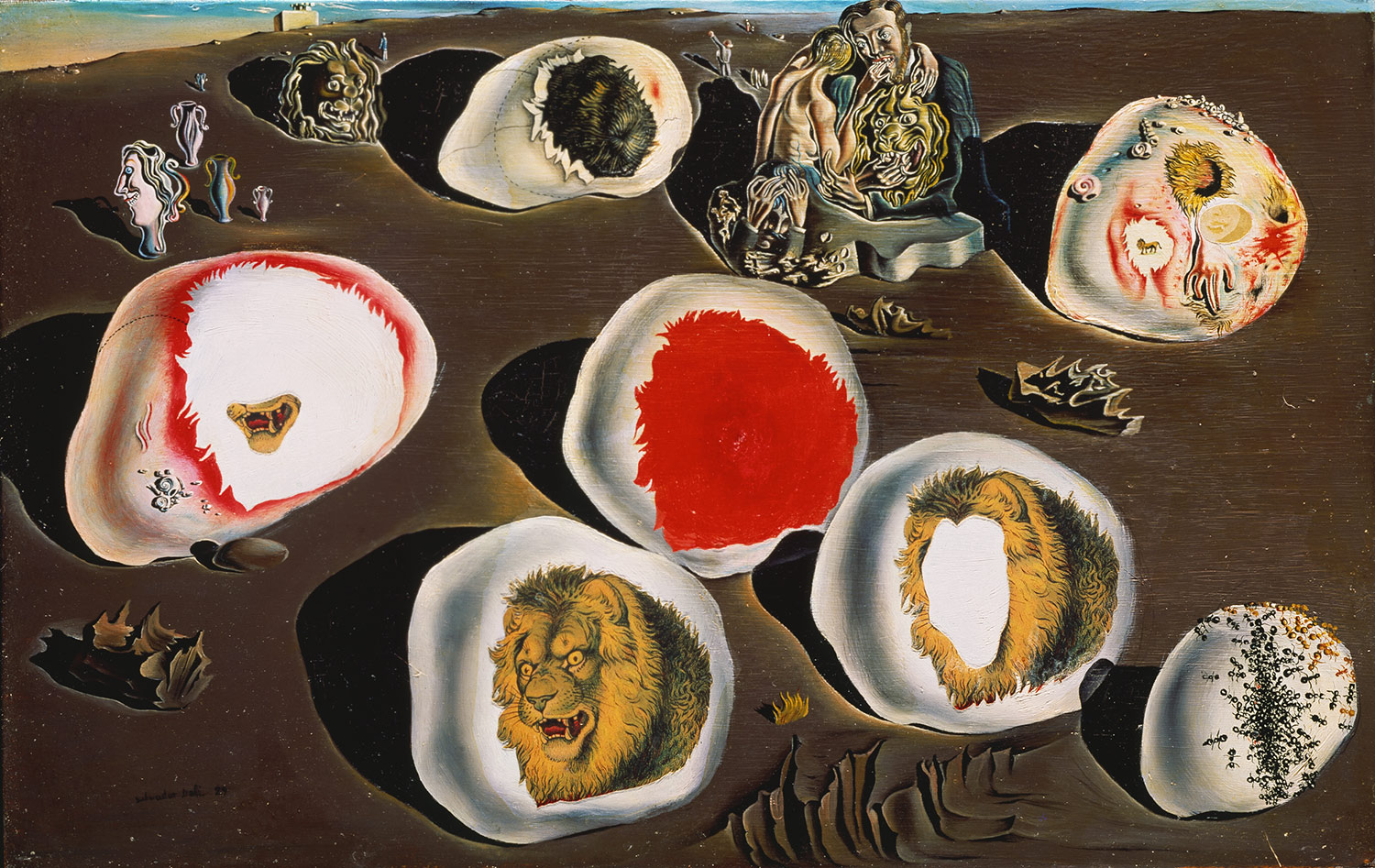The Accommodations of Desire: Unpacking the Human Psyche

=================================================================
Hey there, folks. Today we’re going to dive into the complex world of human desire and explore the accommodations of desire that shape our thoughts, feelings, and behaviors. From the get-go, it’s essential to understand that desire is a fundamental aspect of the human experience, and its accommodations can have a significant impact on our lives.
Understanding Desire and Its Accommodations
So, what exactly is desire? At its core, desire is a strong feeling or emotion that drives us to pursue something we want or need. It can be a physical craving, an emotional longing, or a mental obsession. The accommodations of desire refer to the various ways in which we manage, express, and satisfy our desires.
The accommodations of desire can be categorized into three main types: conscious, subconscious, and external. Conscious accommodations are deliberate and intentional, such as choosing to pursue a specific career or relationship. Subconscious accommodations, on the other hand, are automatic and unintentional, like developing a habit or phobia. External accommodations involve external factors that influence our desires, such as social norms, cultural expectations, and technology.
The Role of Brain Chemistry in Desire
Brain chemistry plays a significant role in the accommodations of desire. Neurotransmitters like dopamine, serotonin, and endorphins regulate our emotional responses and motivate us to pursue pleasure and reward. When we experience pleasure or satisfaction, our brain releases dopamine, which reinforces the behavior and motivates us to repeat it. This is why we often find ourselves stuck in loops of desire and satisfaction, constantly seeking the next fix or high.
Types of Desire and Their Accommodations
Desires can be categorized into several types, each with its unique accommodations.
Physical Desire
Physical desire is a fundamental human drive that seeks to satisfy our bodily needs, such as hunger, thirst, and sex. The accommodations of physical desire include deliberate choices, like choosing healthy foods or regular exercise, and subconscious habits, like automatically reaching for junk food or sugary drinks.
Emotional Desire
Emotional desire is a complex mix of feelings, needs, and fears that drive us to seek connection, validation, and love. The accommodations of emotional desire include forming intimate relationships, building social connections, and engaging in self-care activities.
Mental Desire
Mental desire is driven by our intellectual curiosity and the need for knowledge, understanding, and creativity. The accommodations of mental desire include lifelong learning, problem-solving, and creative pursuits.
Managing the Accommodations of Desire
Managing the accommodations of desire is crucial for maintaining balance and well-being in our lives. Here are some strategies to help you navigate the complex world of desire:
Self-Awareness and Mindfulness
Developing self-awareness and mindfulness is essential for understanding your desires and their accommodations. Practice introspection, meditation, or journaling to tune into your thoughts, feelings, and behaviors.
Boundary Setting
Setting healthy boundaries is critical for managing the accommodations of desire. Learn to say no, set realistic goals, and prioritize your needs and well-being.
Seeking Support
Seeking support from friends, family, or professionals can help you navigate the complexities of desire. Don’t be afraid to ask for help when you need it.
The Impact of Technology on Desire
Technology has significantly impacted the accommodations of desire, particularly in the digital age. Social media, for instance, can fuel our desires by creating unrealistic expectations and promoting consumerism.
The Dark Side of Desire
The dark side of desire refers to the negative consequences of unmanaged desire, such as addiction, obsession, and harm to ourselves or others. Be aware of the potential risks and consequences of your desires and take steps to mitigate them.
Conclusion: Embracing the Accommodations of Desire
In conclusion, the accommodations of desire are a complex and multifaceted aspect of the human experience. By understanding the different types of desire and their accommodations, we can better manage our lives and cultivate a deeper sense of balance and well-being. Remember, desire is a natural and essential part of being human, and embracing its accommodations can lead to a more fulfilling and meaningful life.
The Final Word on Desire
The accommodations of desire are an ongoing and evolving aspect of our lives. By being mindful of our desires and their accommodations, we can create a more conscious, compassionate, and fulfilling existence.